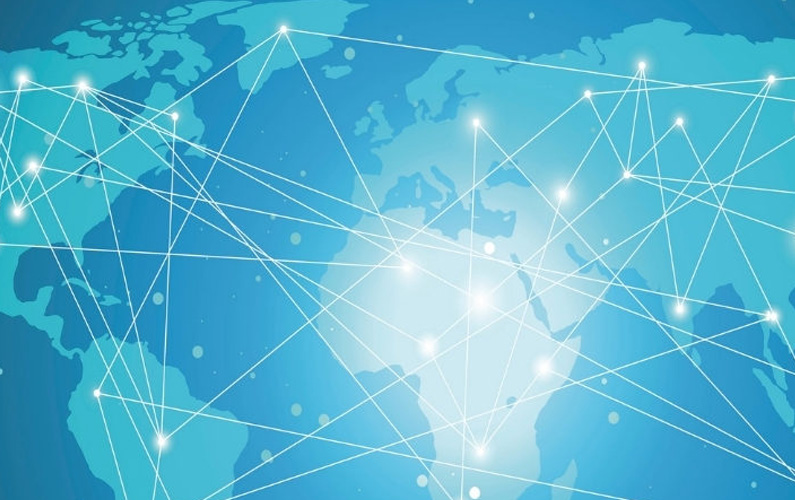Governments are always going to be concerned about national security.
China’s recent passing of its Personal Information Protection Law (PIPL) is an example of a national government recognizing that the amount of personal data collected by non-government online services and mobile apps is at the point where it can be a rich data source for a national security adversary.
The risk focus has moved to private enterprise and the internet economy, and the surveillance capitalism sector of that makes national security more challenging. China recognizes this in its PIPL, which comes into effect on November 1, 2021. President Biden recognized it in his cybersecurity announcements in July.
What this tells us is we’re all moving in the same direction. It’s not only us here at Anonyome Labs but national governments around the globe that clearly see the national security risks of personal data storage, transfer and processing by private enterprise.
Surveillance capitalism is the root of the problem for every country. We’re fighting the same enemy, just in different wars.
Postscript: We’ll be closely following commentary and analysis of China’s new PIPL. At time of writing the full English translation had not been released. We know the PIPL is broad-ranging, comprehensive, and described as “the world’s harshest data privacy law.” It’s modelled on the GDPR but will be stricter in its standards and penalties. The PIPL deals with personal data from national security and public interest perspectives. Together with China’s Data Security Law and Cybersecurity Law, the PIPL forms an overarching data protection framework.



